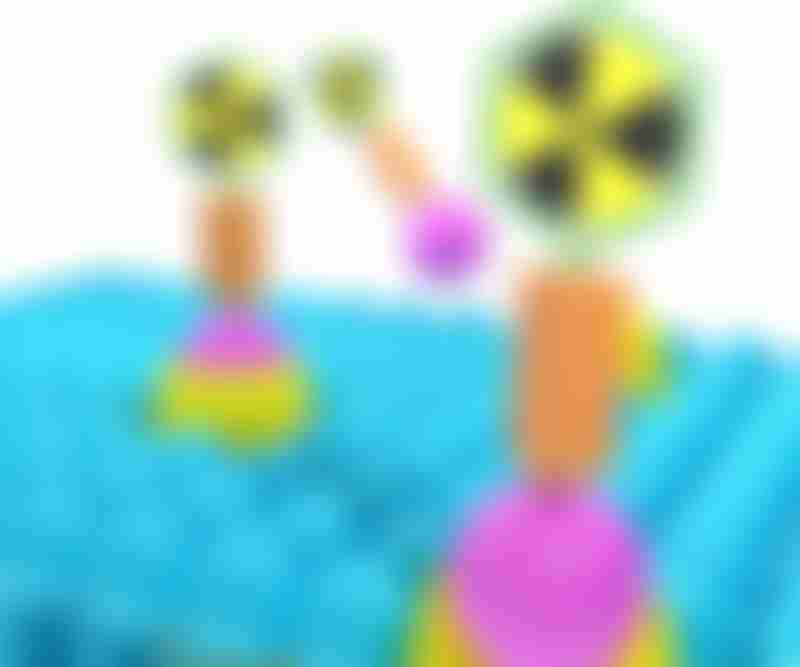177Lu-PSMA-617 for Prostate Cancer Treatment

Source: Shutterstock
177Lu-PSMA-617 (also known as Pluvicto or 177Lu vipivotide tetraxetan), is a radiopharmaceutical prostate cancer treatment that is injected into your body. The treatment is used as an alternative strategy to treat metastatic castration resistant prostate cancer, when cases have high levels of prostate-specific membrane antigen (PSMA). Currently, it is only considered once androgen receptor inhibitors (e.g. apalutamide or enzalutamide) and chemotherapy (e.g. docetaxel) have already been tried.
Over the past decade, targeted radiopharmaceuticals have undergone significant improvements, with the success of radium-223 fueling further research in the field.
Prostate-specific membrane antigen (PSMA) is a protein sometimes overproduced in prostate cancer cells, which can be used to identify prostate cancer cells for imaging and treatment.
How 177Lu-PSMA-617 works
Here, a radioactive atom is combined with a small molecule designed to target prostate cancer cells with high levels of PSMA, ensuring that the radiation delivery is highly specific, avoiding healthy tissue. This works well, as PSMA levels seen on prostate cancer cells have been found to be a thousand times higher than normal tissues, while also being associated with more aggressive prostate cancer tumors.
After intravenous administration, 177Lu-PSMA-617 targets prostate cancer cells with high PSMA levels throughout the body, including metastases to the bone and other tissues. Once bound to the cell, it can release radiation which triggers damage to the cancer cell’s genetic material, ultimately leading to their death.
What you should know
- To minimize risk from radiation exposure
- After your treatment, you should limit close contact (less than 3 feet) with those you live with for 2 days (If someone is pregnant, this should extend to a week).
- You should also sleep in a separate bedroom for 3 days. (If there are children around, this should extend for a week. If someone is pregnant, this should extend to 15 days).
- You should refrain from sexual activity for 7 days.
- You should drink more water and urinate as often as possible in order to reduce exposure of your bladder to radiation.
- You would need regular monitoring of your blood cell counts
- This is due to the risk of facing a reduction in blood cell counts, as radiation damage to the bone marrow may affect your blood cell production. If you face low blood cell counts, your doctor may recommend to reduce or stop treatment based on the severity.
- You may need regular monitoring of your kidney function
- This is due to a low but present risk of toxicity to the kidneys. You should stay well-hydrated and be sure to pee regularly. If there are any issues, your doctor may recommend to reduce or stop treatment depending on how severe they are.
- There is a risk of fetal toxicity and infertility
- If your partner is of reproductive potential, effective contraception should be used when needed for 14 weeks after your last dose.
- If you intend to conceive after, you should note that there is a risk of temporary or permanent infertility.
Common side effects of 177Lu-PSMA-617
Below are some common side effects reported after 177Lu-PSMA-617 treatment. You may not experience all of these side effects, but there is a risk that you may encounter a few of these at the same time.
The side effects commonly reported in over 1 in 5 people include:
- Fatigue
- Dry mouth
- Nausea, decreased appetite, or constipation
- Anemia
In over 30% of people taking 177Lu-PSMA, reduced blood cell counts were commonly seen.